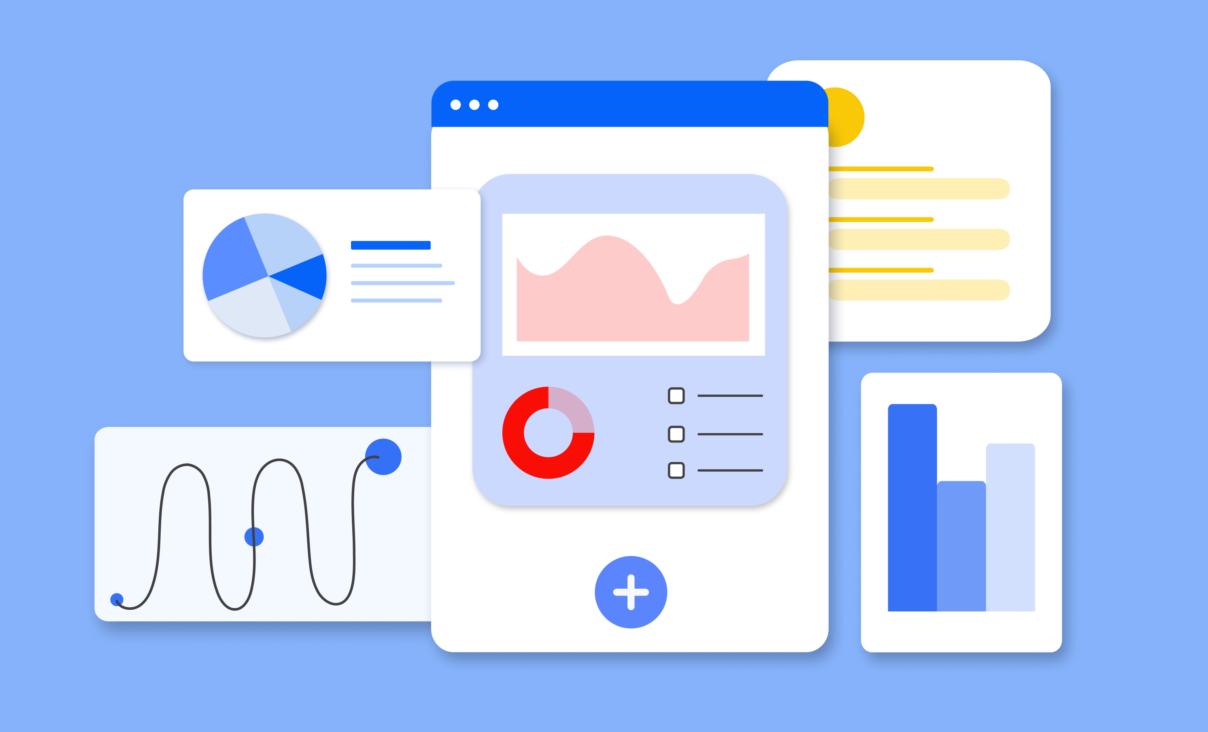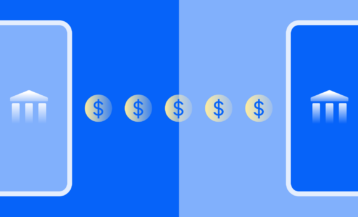Much of the focus on the transition to open banking centers on the impact it can have on revolutionizing consumer financial services. But the accounting and Enterprise Resource Planning (ERP) industry is also undergoing a radical transformation thanks to advances in digital technologies. And, this shift is creating new opportunities throughout the industry in Latin America.
Put simply: open banking empowers individuals and businesses to share their financial information with third parties using application programming interfaces (APIs) to provide access to the data. Financial services providers can then leverage this data to provide new solutions tailored to their customers’ needs, including automated bank feeds, billing, and budgeting apps. This promises to make banking services more competitive, transparent, and easy to use.
Open Banking delivers value-added accounting
The accounting software market in Latin America is forecast to expand at a compound annual growth rate (CAGR) of 8.3% for the 2020-2027 period, research shows. Many small and medium-sized businesses in Brazil, Mexico, Chile, and Peru are faced with a growing need to upgrade legacy IT systems to remain competitive. Rising investment in the manufacturing sector, combined with the demand for end-to-end tailored software is anticipated to drive the expansion of the SaaS market.
Rather than viewing open banking as a threat, accounting and ERP firms can use new API-based software tools to optimize their processes.
They can automate complex tasks, reducing repetition and human error. Accountants can then spend more time on providing enhanced, personalized services to their clients.
The benefits that these models bring to ERP and accounting companies include:
1. Aggregate multiple accounts in one place
Accountants can use data aggregation functionality to provide tailored services to their clients, compiling information from multiple accounts to gain insights into their businesses. This saves time for both the accountant and the client.
2. Collect and analyze real-time information
With a deeper understanding of how a business operates, accountants can offer detailed, personalized advice based on real-time data. They can identify cash flow issues as well as cost savings, helping clients to increase efficiency and improve their financial performance. In that way, they can provide tangible benefits that demonstrate their value.
If you want to learn more about how to use data extracted through open banking APIs to better understand a company’s financial situation, check out our guide.
3. Save time, reduce errors and boost efficiency
Accounting and ERP firms can also use open banking tools to manage their own business accounts more efficiently, freeing up time to spend with clients. For instance, these software tools can send information directly to ERPs without the need to log into accounts, they can also reduce the risk of manual errors saving costs, time, and effort.
4. Connecting multiple sources of data
When talking about open banking it’s usually limited to connecting applications with data coming from banks. However, the next step in this evolution is open finance, which involves connecting and processing financial data from other sources beyond banks through APIs.
Accounting firms can also take advantage of this possibility, for example, to automatically extract their clients’ tax information from the SAT (Servicio de Administración Tributaria). This entity houses a large amount of information that is not only relevant but also essential for certain accounting procedures.
How Enconta uses APIs to automate data aggregation
One example of a company that has benefited from the evolution of open banking is Enconta. Founded in Mexico in 2014, Enconta offers accounting, billing, and payroll management services through its software as service (SaaS) platform. The platform allows its customers to automate invoicing and accounting to manage their accounts straightforwardly on a single platform.
Enconta’s platform was previously able to connect with the Mexican tax administration service and download customer invoices, but it depended on customers manually updating their accounts regularly for reconciliation by sending PDF files for each bank account. Otherwise, they could fall behind – resulting in customers incurring fines. And with some banks only providing the last three months of bank transactions, customers had no convenient way of checking information for the last 12 months.
Using Belvo’s bank aggregation API enables Enconta to automate the entire process of collecting and managing customers’ bank transactions
Customers now only need to provide access to their bank accounts through the secure API, which automatically collects the data in seconds, saving time and reducing the risk of manual errors. Customers quickly understood the value of providing their bank credentials to aggregate the data and Enconta extended the use of its platform.
Are you ready to reap the benefits of open banking?
Embracing new technologies is already helping companies in Latin America improve their business models and obtain tangible results. And, accounting software applications have become more popular among businesses of all sizes as the COVID-19 pandemic has presented new challenges and made cash flow management more important than ever.
In fact, a recent Belvo survey found that 84.8% of fintech professionals expect more companies to embrace open finance models during the next year, and 5.4% expect ERP and accounting solutions to benefit the most from open finance in 2021.
Get in touch to find out more about the benefits of open banking for your accounting and ERP organization – we’d love to help.




